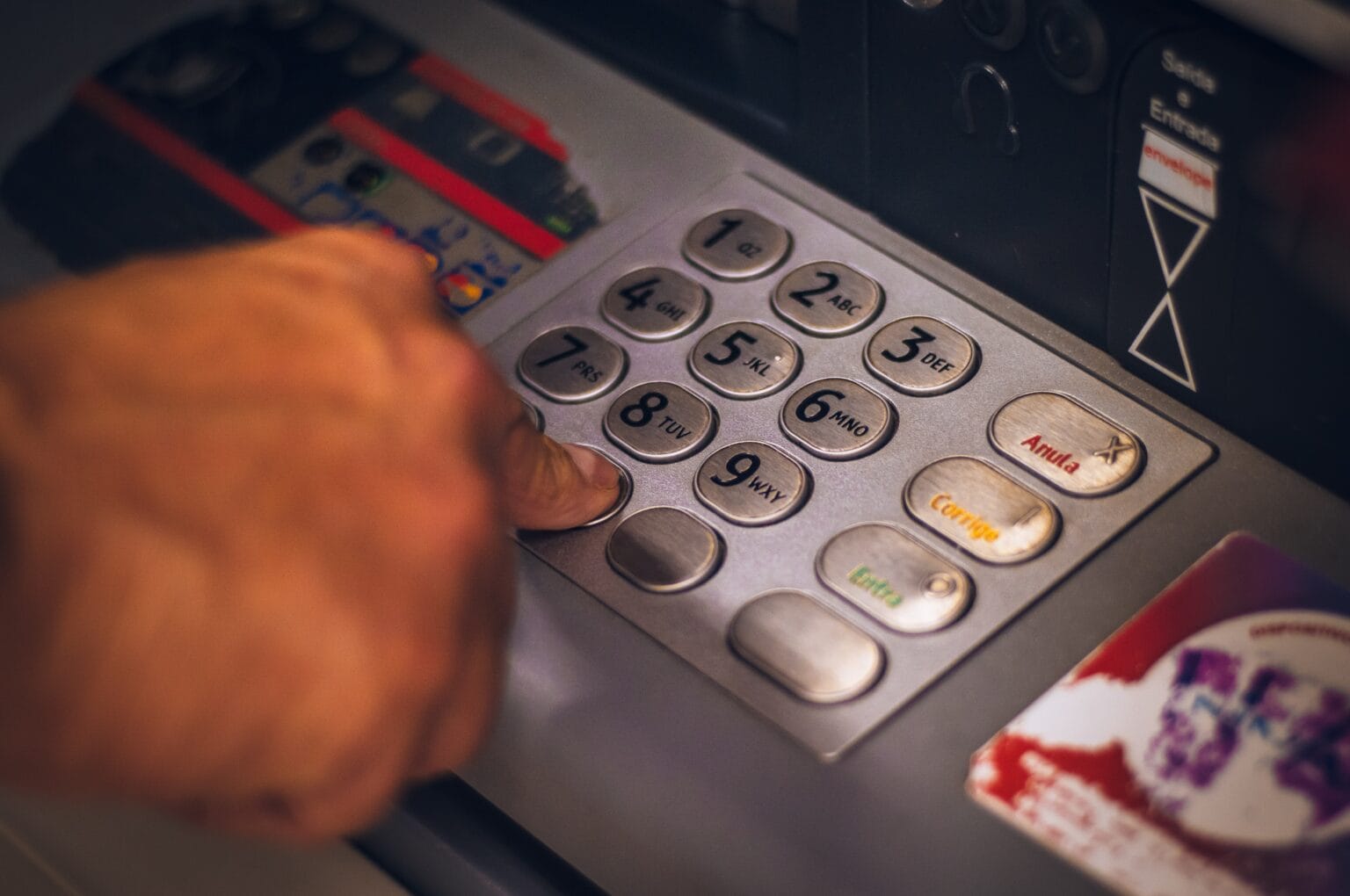Silvergate Capital Corp. faced an issue many small US banks face: how to differentiate when larger competitors do everything you do better?
It focused on cryptocurrencies, which other banks avoided. Over a decade, the La Jolla, California-based company developed from a bank catering to small businesses into a publicly traded firm known for offering banking services to significant crypto clients such as Coinbase Global Inc. and Gemini Trust Co.
Silvergate shares soared to $222.13 in November 2021 as digital-asset values hit records. The value of virtual currency fell, causing a crypto winter. Crypto exchange FTX and its sister firms filed for bankruptcy last month, capping off a rough year for the industry. The SEC, CFTC, and DOJ are investigating missing cash and trade on the site.
Regulators, investors, and ordinary traders who lost everything raised doubts about a possible hoax. Silvergate, which housed FTX deposits, and Alameda Research, the crypto exchange’s collapsed hedge fund, faced questions. Now, lawmakers are examining the bank as short sellers circle and Silvergate stock falls below $23.
Silvergate stated this month that it has a “resilient balance sheet and adequate liquidity,” and analysts pronounce its financials healthy. But the bank is now grappling with the same question that brought it to crypto in the first place: whether the experiment was worth it.
The Silvergate Exchange Network is Silvergate’s crypto-focused payment network. Crypto enterprises that can’t obtain a banking partner can use the platform to trade digital assets.
Tokens on the blockchain can change hands quickly, and companies that trade them for dollars want to do transactions in fiat currency as quickly.

Silvergate’s network allows clients to do that, but deposits don’t pay interest, offering the bank an almost-free way to support its activities. Digital-currency deposits grew to $14 billion last year from $1.2 billion two years earlier.
“When Silvergate came into this industry, it was a commercial bank in Southern California, and the deposit market was competitive,” said Keefe, Bruyette & Woods analyst Michael Perito. “With a low-cost deposit basis, you can make good returns on acceptable risk. No rocket science.”
The lack of clear laws in a sector notorious for fraud and financial misbehaviour has made banks wary of crypto businesses.
According to an IPO filing, Silvergate launched its crypto payments network in early 2018. In November 2014, the company sold its small-business lending division and a retail branch to HomeStreet Bank to “concentrate on its digital currency endeavours and specialty lending expertise,” according to a regulatory filing.
Silvergate hasn’t been charged. Neither has Bankman-Fried, although federal prosecutors in Manhattan are examining FTX’s $8 billion shortfall. Other FTX-related probes are ongoing.
A Silvergate spokesman brought up CEO Alan Lane’s Dec. 5 message, in which he said it had “been a very tough few weeks for the digital-asset business” because FTX and Alameda Research may have used customer assets for their own gain.
Silvergate “monitors transaction activity for every account, and when we spot suspicious activity, we file reports on a regular basis,” Lane wrote. “Silvergate conducted due diligence on FTX and its connected firms, including Alameda Research, during onboarding and continuing monitoring.”
In a letter to Lane, senators highlighted questions about the bank’s procedures, particularly its anti-money-laundering practices. The lawmakers said that these safeguards should have found transactions between Alameda Research and FTX that seemed suspicious.
“Your bank’s role in the transfer of FTX customer monies to Alameda exposes an egregious failure,” Warren, Kennedy, and Marshall wrote in a Dec. 5 letter. The public deserves a full explanation of the financial operations that may have led to billions of dollars in consumer asset losses and of any role Silvergate may have played.
Bloomberg News said that FTX customers were told to wire payments to Alameda’s Silvergate account.
Joseph Silvia, a bank attorney at Dickinson Wright who doesn’t work for Silvergate, says these transactions wouldn’t necessarily raise red flags. Bankman-Fried blamed the loss of customer funds on sloppy accounting processes, and the exchange’s new CEO emphasised insufficient controls.
Short-sellers have targeted Silvergate amid crypto sector upheaval. As of Thursday, 29% of the bank’s trading shares were short, up from 11% a month earlier. Silvergate’s shares fell 85% this year.
If FTX advised clients to move funds to an Alameda account on the Silvergate Exchange Network, the bank wouldn’t know who was transacting or why, Silvia said. A bank’s client-checking can only go so far, he said.
How could a company with such poor bookkeeping get into the regular financial system? Bankman-Fried said his trade took longer than Alameda Research to get a bank account. Regulators don’t tell banks not to do business with enterprises unless they’re illegal.
After the financial crisis, Silvergate entered crypto. CEO Lane acquired his first Bitcoin in 2013, and his interest drove him and the bank into digital assets.
Building a deposit base in a volatile, unpredictable sector in the US and abroad wasn’t easy. Former Silvergate employees said it was difficult to expand fast enough to keep up with digital-asset deposits. Former employees who asked not to be named while talking about confidential bank business say that the sudden growth increased the amount of work.
The bank’s full-time personnel expanded from 208 to 279 last year. Chief Technology Officer Chris Lane is the CEO’s son, while Jason Brenier is his son-in-law. Tyler Pearson was the chief risk officer.
